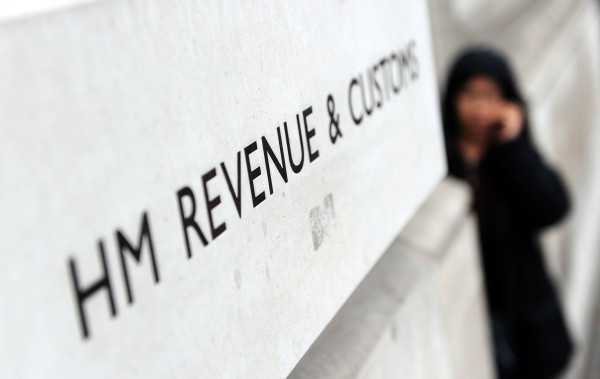The current tax rate (19 per cent), which is due to reduce in April 2020 to 17 per cent, has not always been this low.
In 2010, the main rate was 28 per cent, so the current low rates may not last.
With the prospect of an imminent General Election, it is worth considering what impact a change of government might have.
While the Conservative party would likely make no changes, it being the brainchild of previous chancellors, Labour has previously announced they are committed to increasing corporation tax.
In its 2017 manifesto, Labour stated it would look to increase the tax to 26 per cent.
While a 26 per cent rate is still favourable compared to a 45 per cent headline rate in a trust, the difference is further reduced when the secondary tax charges on distributions are considered.
Example
| FIC | Discretionary Trust |
| £ | £ |
Dividend income | 10,000 | 10,000 |
FIC/Trust tax | Nil* | (4,500)** |
Net retained for re-investment or distribution | 10,000 | 5,500 |
| | |
Cash distribution | 10,000 | 5,500 |
Tax on receipt | (3,048)*** | Nil**** |
Net funds | 6,952 | 5,500 |
Difference | 1,452 or 14.5% | |
*Assumes dividend receipt not liable to corporation tax.
**Actual rate of tax on dividends is 38.1%. However 45% used due to technicalities of ‘franking’ income distributions.
*** Assumes received by 45% tax payer paying 38.1% after £2,000 dividend allowance.
****Assumed received by 45% tax payer so no reclaim of franking credit is possible.
Even though net funds received could vary depending on what changes occur to tax legislation, the 20 per cent entry charge remains a key discrepancy between the two.
The stigma around trusts and regulatory changes
There is a misguided perception that trusts are just a tax avoidance tool but, as the statistics show, the majority of trusts have relatively modest income.
With the introduction of FATCA, CRS and recently the Trust Registration Scheme (TRS), the compliance burden hits these trusts the hardest.
HMRC’s statistics report that 149,000 trusts were created in 2017/2018 but, as of March 2019, only 107,500 were registered under the TRS.
Therefore, a large number of trusts are either late registering or do not yet meet the TRS criteria.
Given that the latest incarnation of the MIFID rules are set to extend the scope of TRS to all trusts, a large number of trusts which historically may have had no compliance requirements may be caught.
Although TRS was introduced in 2017/18, the system is still in its infancy.
Crowe is liaising with HMRC to update the system but, given the delays to date, it may be some time before the system can handle the increased volume.
Comparing this landscape to the corporate equivalent of Companies House filings is difficult.
The advent of the PSC register did introduce some additional filing requirements for UK companies but, compared to TRS, there is a robust system in place to continue to handle filings and paper forms.
Unlike trusts, there is no stigma attached to companies.











